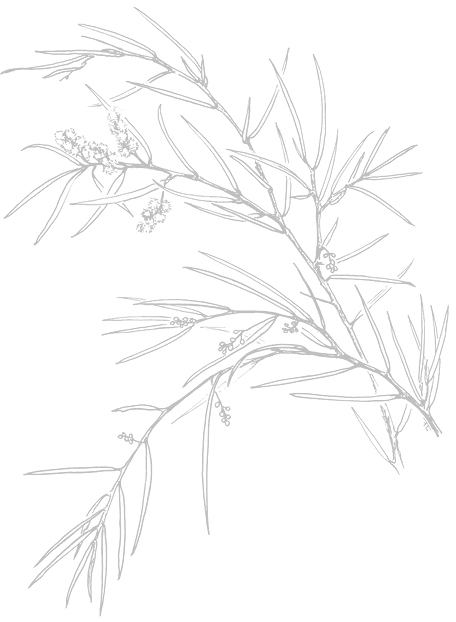
Scientific Name: Gonocarpus micranthus subsp. micranthus
Common Name: creeping raspwort
Family Classification (Clade): Eudicots
Family: Haloragaceae
Form Description: Prostrate creeping perennial herb, with opposite, serrated leaves.
Height (m): 0.05 – 0.15
Flowers: Reddish flowers, very tiny.
Fruit: Nut – 8 edged, very small, grey to reddish.
Municipality
Plant Communities
Habitat Notes
Widespread and frequent in damp places at all altitudes, from sandy heaths at sea level to sub-alpine moors.
Site Tolerance
Exposed, Moist, Shady, Windy
Soil Tolerance
Nutrient-poor, Poorly-drained, Sandy, Well-drained
General Notes
Requires damp soil; tolerates shade. Frog habitat.
Propagation Calendar
-
Flowering Month
Jan Feb Mar Apr May Jun Jul Aug Sep Oct Nov Dec -
Seed Collecting Month
Jan Feb Mar Apr May Jun Jul Aug Sep Oct Nov Dec -
Sowing Month
Jan Feb Mar Apr May Jun Jul Aug Sep Oct Nov Dec -
Cutting Month
Jan Feb Mar Apr May Jun Jul Aug Sep Oct Nov Dec
Propagation Method
Seed Information
Seed Treatment Method
Bog Method The seeds of many wetland species need to be kept wet to germinate. Punch a hole in the side of a recycled polyfoam box so that it holds water to the required depth. Sit the tubes in the box to germinate. Once germinated, punch holes in the bottom of the box to allow drainage.
Seed Treatment Notes
Seed germinates readily in nature. Bog method might be useful.
Cutting & Division Information
Usually propagated from cuttings, though seed is worth trying.